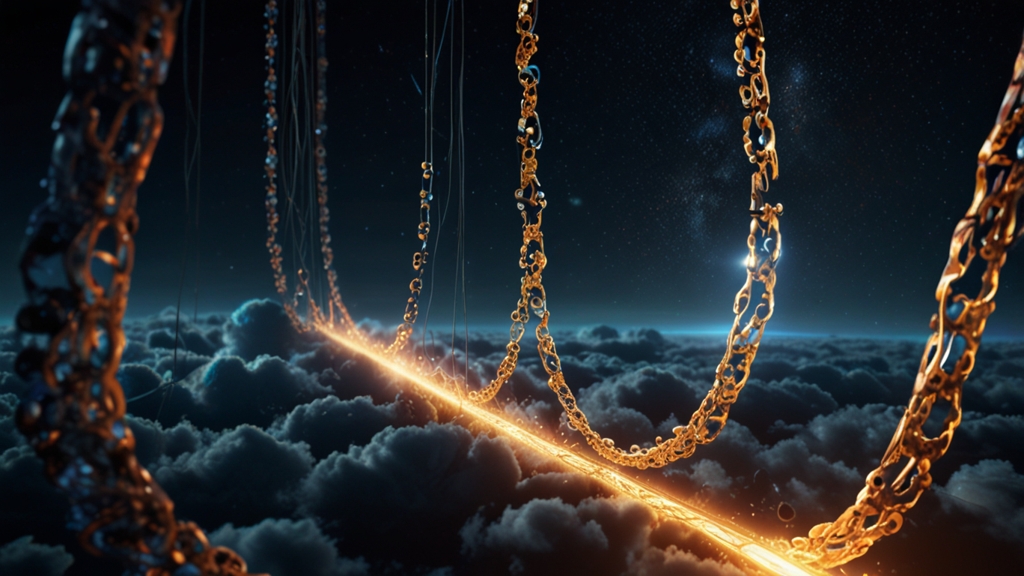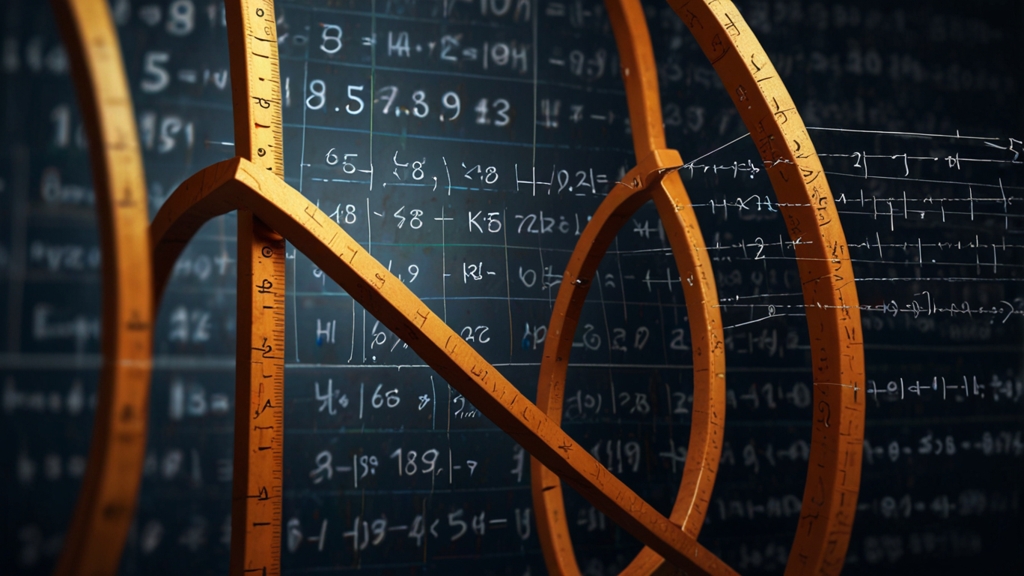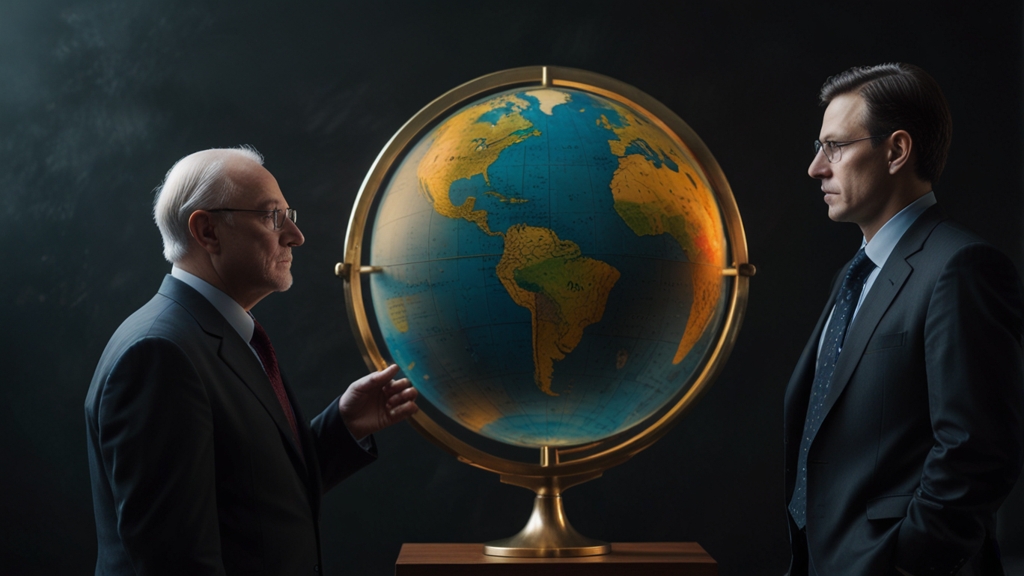Challenging the Laws of Physics: Are We Ready?
It has long been said that the laws of physics are the bedrock upon which our understanding of the universe is built. These laws describe the fundamental principles that govern the natural world, from the subatomic particles to the grand scale of cosmic phenomena. Yet, there is a growing dialogue among scientists and thinkers about whether we are prepared to challenge what we know—or think we know—about these immutable rules. Are we truly ready to rethink the very foundations of physics?
The Immutable Laws
The laws of physics, as we understand them, are derived from centuries of observation, experimentation, and mathematical formulation. Newton's laws of motion, Einstein's theory of relativity, and the principles of quantum mechanics have stood the test of time, offering explanations and predictions that have been repeatedly validated by empirical evidence. These laws are so deeply ingrained in our understanding that they almost seem unchallengeable.
"Physics is the only profession in which prophecy is not only accurate but routine." – Neil deGrasse Tyson
Yet, despite their apparent robustness, modern advancements often bring anomalies that these laws struggle to accommodate. For example, the discovery of dark matter and dark energy presents profound enigmas that existing laws cannot fully explain. The rapid expansion of the universe and the peculiar behavior of subatomic particles raise questions that push the very limits of our current scientific paradigms.
Breaking New Ground
The notion of challenging the laws of physics is not as far-fetched as it might seem. Throughout history, radical theories have often met with resistance before being accepted and integrated into mainstream science. The heliocentric model proposed by Copernicus, the wave-particle duality of light, and the inherently probabilistic nature of quantum mechanics were all revolutionary ideas that fundamentally altered our understanding of the universe.
Today, scientists are investigating phenomena like quantum entanglement, which Einstein famously dubbed "spooky action at a distance." Such phenomena defy classical notions of locality and causality, suggesting that our current understanding of space and time may need to be revised. Similarly, attempts to unify general relativity with quantum mechanics through theories like string theory and loop quantum gravity present new frameworks that could potentially challenge and extend the current laws of physics.
"The important thing is not to stop questioning. Curiosity has its own reason for existing." – Albert Einstein
Are We Ready?
As we stand on the brink of potentially groundbreaking discoveries, the question is whether we are ready to revise what we consider to be unalterable truths. The readiness to challenge the fundamental laws rests on several pillars: intellectual curiosity, technological advancement, and a willingness to embrace uncertainty. New experimental setups, such as the Large Hadron Collider and increasingly precise quantum computing experiments, provide the means to test these boundaries.
Furthermore, the collaborative nature of modern science facilitates the cross-pollination of ideas, allowing for a more comprehensive approach to tackling these complex questions. However, it is crucial to remember that challenging established laws is not about discarding them entirely, but rather about refining and expanding them to capture a deeper, more nuanced understanding of reality.
Conclusion
In conclusion, the readiness to challenge the laws of physics is less about having absolute answers and more about maintaining an open-minded inquiry into the fabric of our universe. It is about being prepared to question, to experiment, and to adapt our theories in light of new evidence. While the laws of physics have proven to be remarkably resilient, the essence of scientific progress is the perpetual quest to venture beyond the known and explore the unknown.
"All our science, measured against reality, is primitive and childlike—and yet it is the most precious thing we have." – Albert Einstein
As we push the boundaries of human knowledge, we must do so with the humility to recognize that our understanding will continually evolve. The journey to challenge and refine the laws of physics is a testament to our intrinsic drive to unravel the mysteries of the cosmos.












